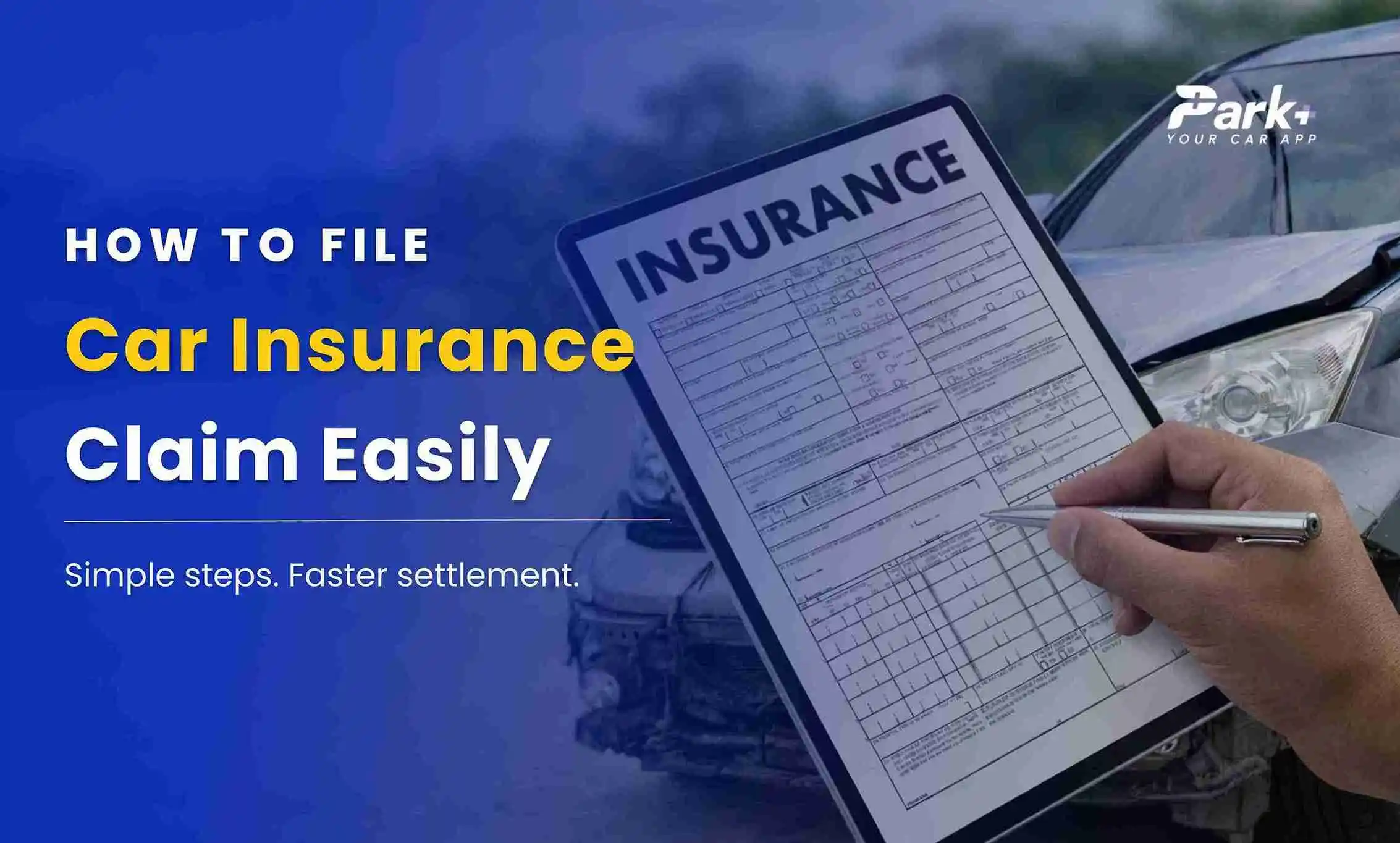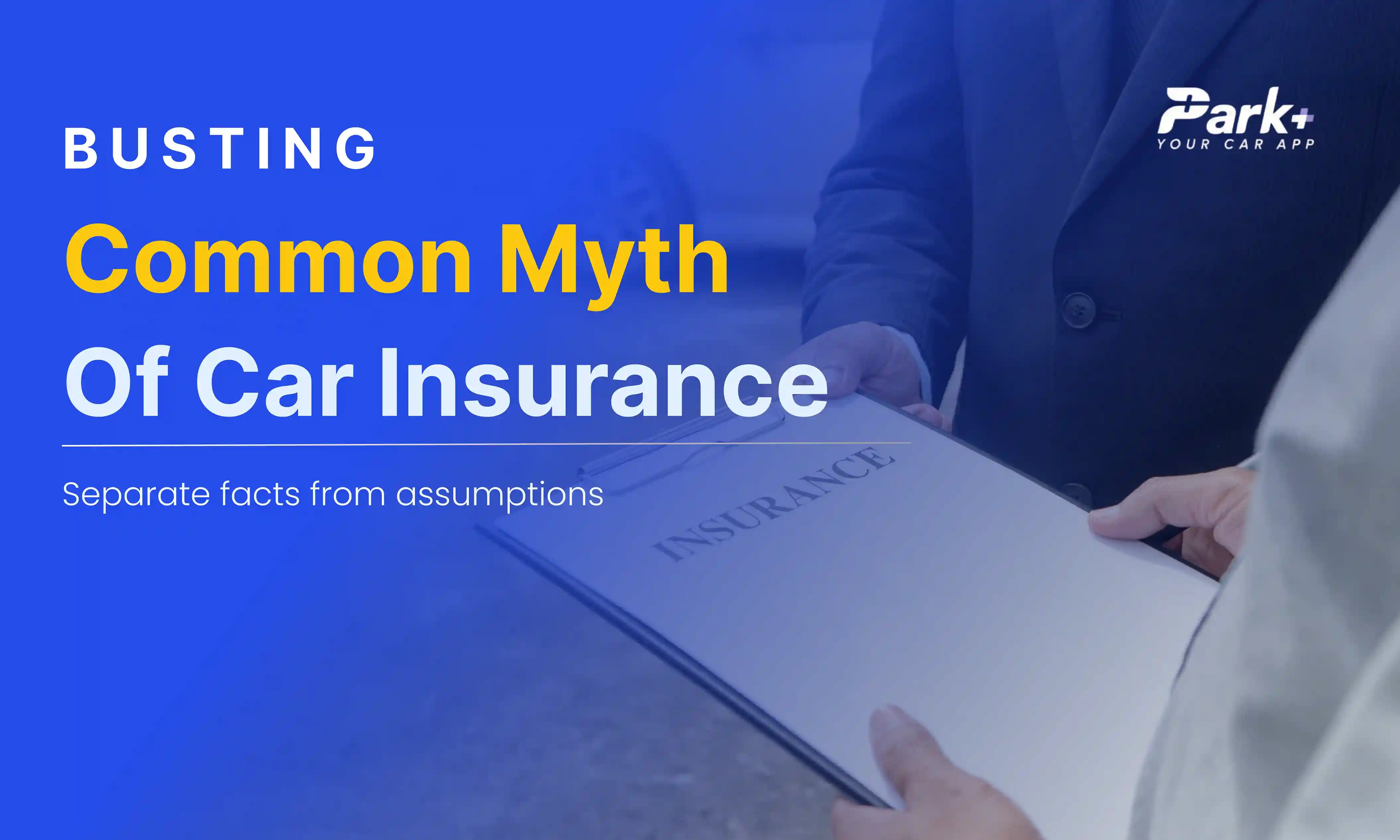It's jargon, trying to comprehend how an insurance plan works, especially for first-time buyers. IDV is one of these terminologies. This is one of the most significant aspects of car insurance since it affects both your premium and your payable claim.
What exactly is IDV? What is the mechanism behind it? What is the significance of IDV? We're sure you've had all of these questions and more on your mind! That's why we've put together this fast read that will teach you all you need to know about IDV in auto insurance.
What is IDV?
IDV stands for Insured Declared Value, and it is the maximum value insured set by the insurer in the event of a car getting stolen or its total loss. In a nutshell, IDV refers to your car's current market worth. It's typically calculated using the manufacturer's suggested retail price for the model and version of the vehicle (including optional equipment) at the start of the policy.
It is calculated after depreciation has been adjusted for each year. The car insurance claim amount due is computed based on IDV if your car is stolen or seriously damaged to the point of being beyond repair. This is why it's critical to insure your car for the correct IDV. For this purpose, a car insurance calculator should be used.
How Does IDV in Car Insurance Work?
There are two major factors responsible for why your car's IDV is significant. First and foremost, it is the maximum amount of compensation you will get in the event of theft or irreparable damage to your vehicle. Second, your car's IDV has a direct impact on the cost of your insurance coverage. A greater IDV equals a larger premium and the other way around.
With this knowledge, many automobile owners consider decreasing their IDV to save money on their insurance rates. However, keep in mind that a lower IDV might result in a reduced reimbursement if your car is stolen or totaled. This may be a huge disappointment. When purchasing or renewing a car insurance policy, it is essential to utilize an IDV calculator to determine the exact IDV for your car.
Online IDV Calculator: An online IDV calculator, as the name implies, assists you in obtaining a relatively close assessment of your vehicle's IDV. To use this application, simply go to an auto insurance website on the internet and fill out a few facts about your vehicle to get the IDV for your car, based on the facts you submit. You may also customize the IDV to your liking!
5 Factors That Influence Your Car's IDV:
The IDV of your car is determined by several criteria, including:
Car type: There are many distinct types of vehicles on the market. Sedans, SUVs, Hatchbacks, MUVs, and other vehicles fall within this category. Each of these automobiles will have a distinct worth. SUVs, for example, have a better resale value than sedans. Sedans, on the other hand, are normally more valuable than hatchbacks. As a result, one of the first things that influence your car's IDV is the kind of vehicle.
Make and model: The make and model of your car are also crucial factors in determining the IDV. This is because different automobile brands, even if they are the same sort of vehicle, have distinct values (i.e. Sedan, hatchback, etc.).
Depreciation: When determining the IDV of your car, this is one of the most crucial elements to consider. As soon as you take your automobile home from the showroom, it begins to depreciate. And the older it grows, the less valuable it becomes. As a result, even if the automobile is the same kind, make, and model, an older car will have a lower IDV than a new one.
Place of registration: The IDV of your automobile is determined in part by the area where it is registered. This is because the ex-showroom pricing differs by city.
Accessories: Finally, if you have added any extras to your automobile, the depreciated cost of those items can be factored into the IDV calculation.
What Happens if You Reduce Your Car's IDV?
In the offered estimate, you can reduce your car's IDV. However, this will have a direct impact on your insurance premium cost. The payment of your coverage in the event of theft or total loss of your car will also be affected by changing the IDV. Therefore, you can expect these fall-outs in case you lower your IDV:
- Your policy's premium will be reduced.
- You will be able to save money on your auto insurance coverage as a result of this.
- However, your policy's covered amount will be lowered.
- As a result, in the event of a Total Loss, you would get less reimbursement.
What Happens if I Set the IDV to a Greater Value?
You may also enhance your car's IDV using many online IDV calculators. You have the option of selecting a greater IDV in your quote and reaping the benefits that come with it. Let's have a look at what occurs if you boost your car's IDV.
- Your policy's sum insured will grow.
- In the event of a total loss, the greater sum insured might be highly beneficial.
- However, your auto insurance policy's premium would rise as well.
When Does the IDV Have to Be Paid?
Claims involving your car's IDV are quite uncommon. However, while purchasing or renewing an automobile insurance coverage, it is still critical to select the appropriate IDV. However, while purchasing or renewing an automobile insurance coverage say NIC car insurance or any other insurance provider's car insurance policy, it is still critical to select the appropriate IDV. This will guarantee that your insurance premiums are in line with the value of your vehicle.
But, more crucially, it ensures that if your IDV is used to calculate a claim amount, you will be compensated fairly and satisfactorily. The IDV of your car is due in the following situations:
Car theft: Because theft is deemed a total loss, the insurance company is required to pay the insured the current market value (IDV).
The car was totaled: When the cost of repair surpasses the insured value of the car, the IDV of the car is payable. An accident, a natural tragedy such as earthquakes, or a man-made disaster such as rioting might all cause such destruction.



